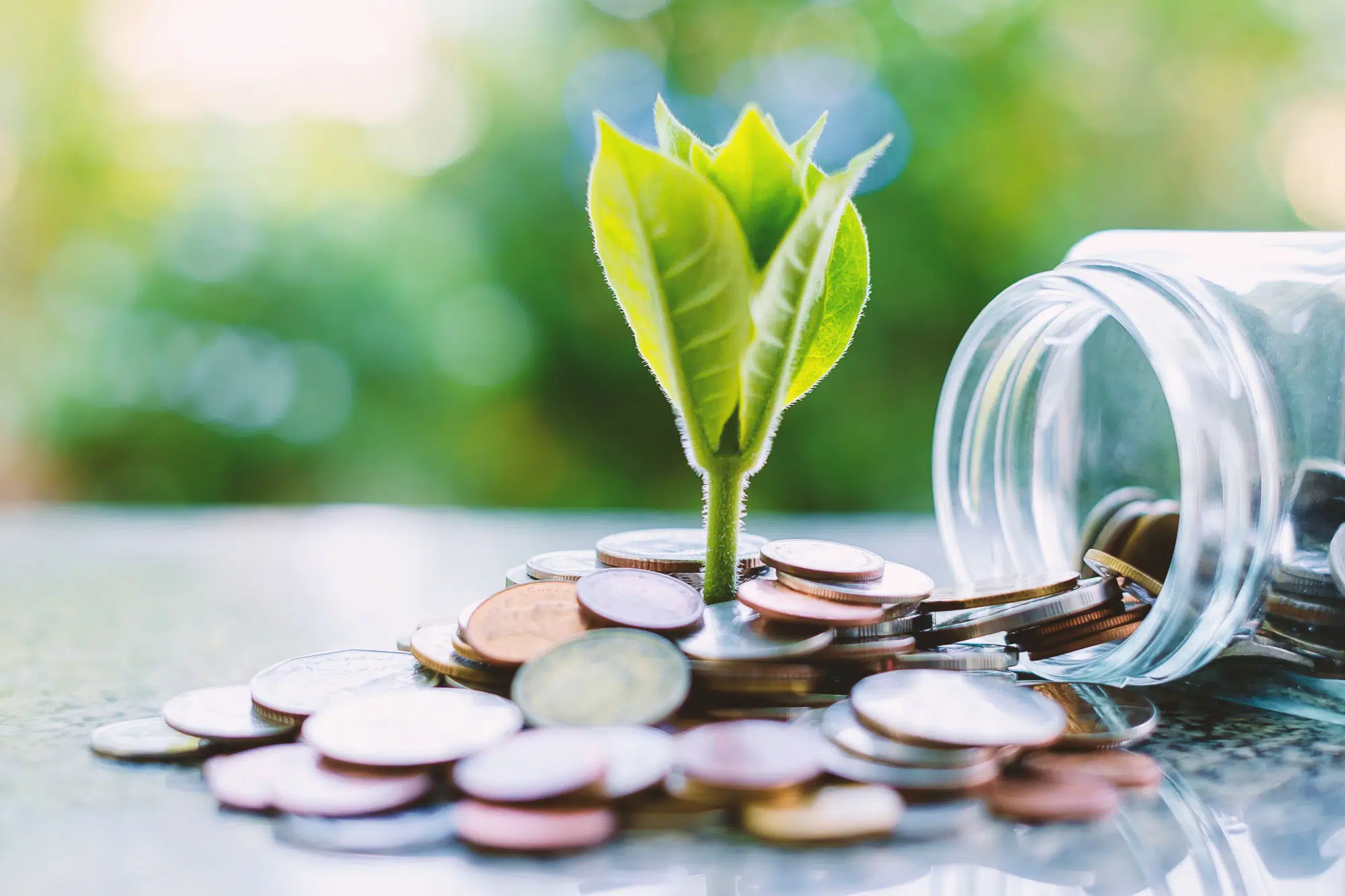By Dr Sayed M. Rehman
Senior Academic, Regent Business School
The impact of the COVID-19 pandemic has focused attention on financing a sustainable economy. This begins by focusing on sustainable finance. Sustainable finance refers to the process of taking environmental, social and governance considerations into account when making investment decisions in the financial sector. This would in turn lead to more long-term investments in sustainable economic activities and projects.
Environmental considerations include climate change mitigation and adaptation, as well as the environment more broadly, for instance the preservation of biodiversity, pollution prevention and the circular economy. Social considerations such as issues of inequality, inclusiveness, labour relations, investment in human capital and communities, as well as human rights issues are also included.
The governance of public and private institutions, including management structures, employee relations and executive remuneration, plays a significant role in ensuring the inclusion of social and environmental considerations in the decision-making process.
Sustainable finance has a key role to play in delivering on the policy objectives under the European green deal as well as the European Union (EU)’s international commitments on climate and sustainability objectives. It does this by channelling private investment into the transition to a climate-neutral, climate-resilient, resource-efficient and fair economy, as a complement to public money. Sustainable finance will help ensure that investments support a resilient economy and a sustainable recovery from the impacts of the COVID-19 pandemic.
The EU strongly supports the transition to a low-carbon, more resource-efficient and sustainable economy and has been at the forefront of efforts to build a financial system that supports sustainable growth.
As part of the green deal, the Commission presented on 14 January 2020 the European green deal investment plan, which will mobilise at least €1 trillion of sustainable investments over the next decade. It will create the right environment – or ‘enabling framework’ – to facilitate and stimulate the public and private investments needed for the transition to a climate-neutral, green, competitive and inclusive economy.
The Commission presented on 17 September 2020 its 2030 climate target plan, with an increased emissions reduction target of 55% by 2030 as compared to 1990. The EU needs to invest approximately 350 billion Euros more every year during the 2021-30 decade than it did during the previous decade, in order to meet these 2030 climate and energy targets. The EU is already providing impetus to help attract the required investments with the European Fund for Strategic Investments and other initiatives. However, the scale of the investment challenge is beyond the capacity of the public sector alone. The financial sector has a key role to play in reaching those goals. This would include:
- re-engineering investments towards more sustainable technologies and businesses;
- finance growth in a sustainable manner over the long-term, and
- contribute to the creation of a low-carbon, climate resilient and circular economy.
To this end, the Commission has since 2018 been developing a comprehensive policy agenda on sustainable finance, including the action plan on financing sustainable growth and the development of a renewed sustainable finance strategy in the framework of the European green deal and the new strategy for financing the transition to a sustainable economy. The Commission is also coordinating international efforts through its International platform on sustainable finance. Within the framework of the European green deal, the Commission announced a renewed sustainable finance strategy.
The Commission published its ‘strategy for financing the transition to a sustainable economy’ on 6 July 2021. It builds on previous initiatives and reports, such as the 2018 action plan on financing sustainable growth (see the staff working document accompanying the strategy on the implementation of the action plan) and the reports of the Technical Expert Group on Sustainable Finance.
It also builds on the feedback to a consultation held between 8 April and 15 July 2020. The consultation sought the views and opinions of individuals, public authorities and private organisations – both within the EU and beyond. The responses to this consultation are summarised in a report published by the Commission on 10 February 2021.
In January 2017, the South African National Treasury convened a working group of financial sector regulatory agencies and industry associations to develop a framework document on sustainable finance. This followed a roundtable event in June 2016 involving approximately 50 stakeholders from National Treasury, the Reserve Bank, Financial Services Board, Department of Environmental Affairs, the Johannesburg Stock Exchange, and industry associations from banking, pensions, asset management, and insurance to assess current voluntary practices in South Africa. On 15 May 2020, drawing on the working group’s inputs, the National Treasury published a Technical Paper for public comment on Financing a Sustainable Economy.


